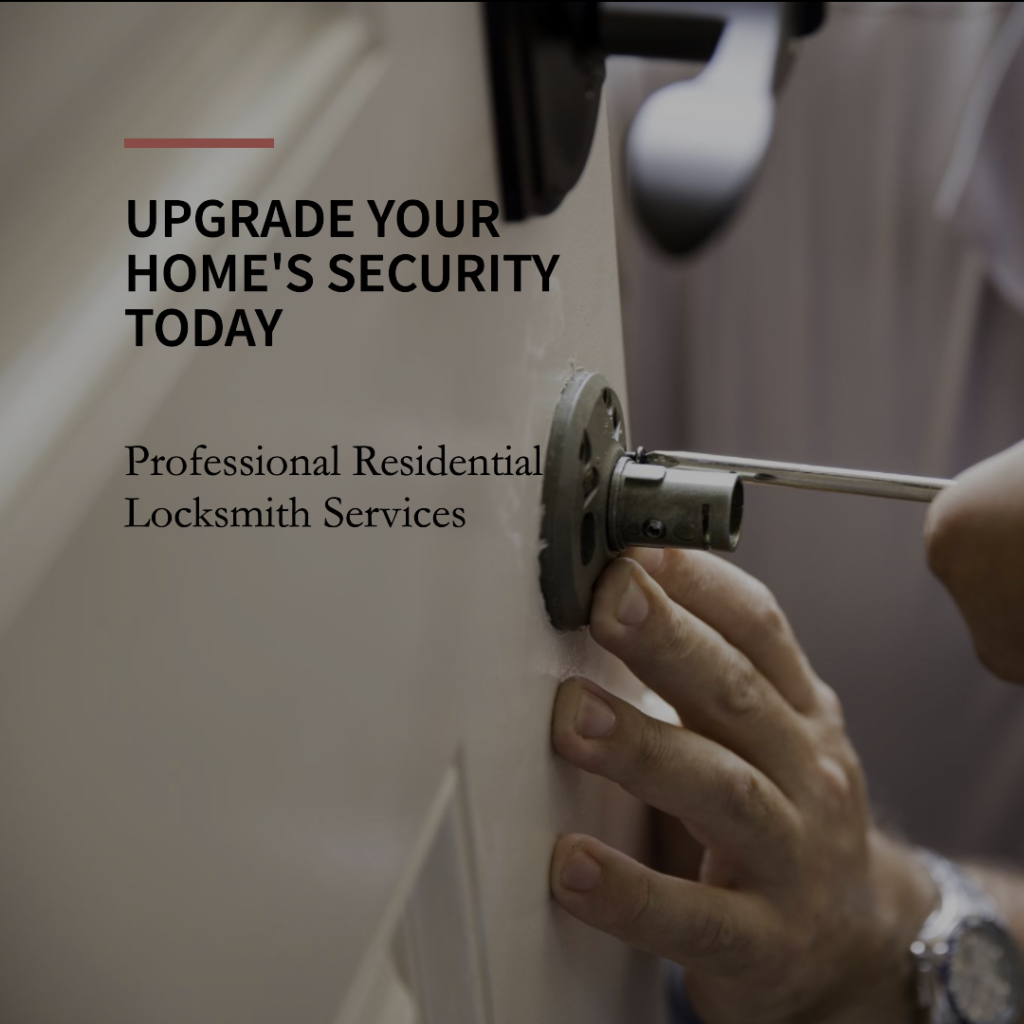One of the most important decisions that a homeowner must make when protecting their home is to choose an experienced and legal locksmith. Residential locksmith are essential in providing homeowners with the protection and security they need for their dwelling. But before choosing one, it is important to understand what qualifications or certifications a professional residential locksmith should have in order to operate legally.
The first qualification that any legitimate residential locksmith must possess is licensure from the local municipality where they plan on operating. Most municipalities require licensees to pass a basic test proving competency in lock installation, repair and maintenance techniques as well as some degree of knowledge regarding technological security systems such as alarm systems, CCTV cameras and digital access control systems (such as biometric technology). In addition, each licensee will need proof of insurance, either through worker’s compensation or general liability coverage.
In addition to local municipal licensing requirements, many states also require residential locksmith to be certified by an accredited organization like the Associated Locksmiths of America (ALOA). ALOA certification indicates that the individual has demonstrated proficiency in several areas related to lock technology including: master keying, re-keying & servicing; access control; electric locking devices; safe opening procedures; drilling & picking methods; key duplication & impressioning; code cutting & decoding techniques and other related technologies. Additionally required for ALOA certification are courses focused on business management issues such as customer service principles along with safety standards established by organizations such as OSHA and EPA among others . The ALOA website provides information about approved courses for each level of certification which vary from Introductory Technician all way up to Certified Master Locksmith status.
Another very useful requirement applicable across most jurisdictions involves background checks conducted before licensing can be granted or renewed annually by law enforcement agencies at both state/provincial levels but also at federal levels depending on the country’s jurisdiction system . These background checks help ensure that only trustworthy individuals who have not committed serious crimes are given clearance allowing them operate legally within their trade area(s) . Depending on circumstances this may involve fingerprinting requirements while applicants wait during processing times until final approval has been granted before licenses can become active again once more .
Ultimately whether someone chooses a qualified residential locksmith depends largely upon personal preference but making sure you hire one who possesses all necessary qualifications helps establish trustworthiness between clientele along with increased reliability throughout time because customers know exactly what services they’re getting from licensed professionals working within regulated guidelines offering peace of mind when it comes down making your property secure against unwanted intruders!
Learn more:
How long does it typically take for a residential locksmith to respond to a call?

